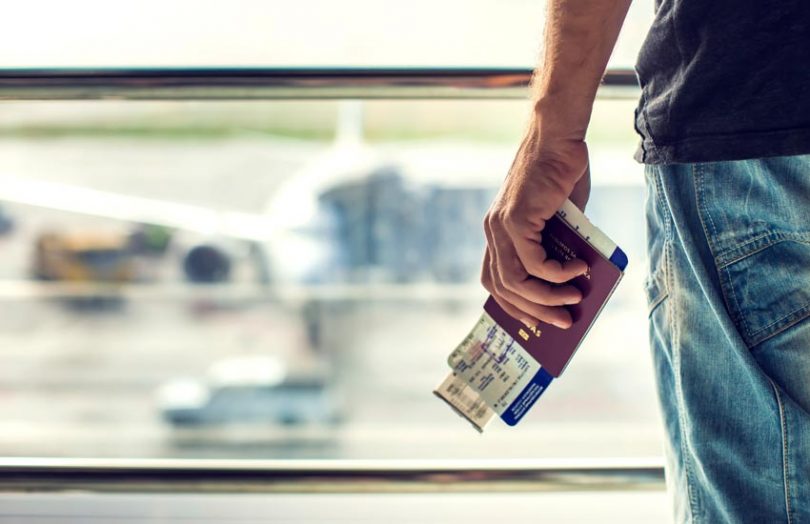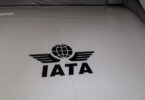Last week blockchain firm Zamna raised $5 million in a seed round led by LocalGlobe, Oxford Capital and including Seedcamp, the London Co-Investment Fund (LCIF), Telefonica, and several angel investors as reported by TechCrunch.
Formerly known as VChain Technology, Zamna’s platform was developed for the aviation industry to help securely verify the identity of a passenger. But the startup also has eyes on secure government applications.
The company is already working with Emirates Airlines and the UAE government to identify transit passengers in Dubai. Additionally, IAG is working with Zamna on a digital transformation project with its subsidiary British Airways.
The goal is to reduce security checks and manual document verification by sharing the data with different airlines and government agencies.
Security checks are a pain point for airports and airlines. The aim is to detect whether a passenger is on the no-fly list or lacks a Visa. It is time-consuming to verify the identity of each individual before every flight. If the destination country doesn’t allow entry to a passenger, it is expensive to arrange the journey back.
Zamna says it employs its proprietary Advance Passenger Information (API) validation platform for biographic and biometric data such as facial recognition and fingerprint scans.
“There is no easy and secure way for airlines and government agencies to share or cross-reference your data – which remains siloed (for valid data protection reasons). They must, therefore, repeat manual one-off data checks each time you travel,” Irra Ariella Khi, co-founder and CEO of Zamna told TechCrunch.
With blockchain, passenger data can be verified without actually sharing the underlying information. What Zamna does is share a significantly obfuscated version of previously verified data. The recipient doesn’t see the real data. Airlines, airport and governments can use the information to validate a passenger’s identity.
The air travel sector has been seeking blockchain solutions for streamlining various processes. The International Air Transport Association (IATA) is also working on a similar initiative to facilitate digital identities for agents, airlines, aggregators and passengers through its IATA Digital Certification Authority.
A few months ago, aviation technology provider SITA called blockchain a “potentially game-changing” technology. The organization has also launched its Aviation Blockchain Sandbox, to encourage airlines to explore blockchain applications.
The most popular use case is loyalty points. Almost all airlines have loyalty programs which offer miles, discounts and other perks for higher customer retention. Singapore Airlines, AirAsia and Cathay Pacific have launched blockchain projects to improve their rewards programs.
Another firm Winding Tree is working with airlines for using blockchain for ticket sales. The idea is to cut out intermediaries and reduce the cost of air travel. Etihad, Air Canada and AirFrance-KLM have already adopted the platform.
Russia’s S7 Airlines has also developed a blockchain platform for ticketing. It said the distributed ledger technology made settlements with travel agencies faster with less paperwork and secure. S7 has previously used blockchain for buying aviation fuel and payment.
Meanwhile, Honeywell and Accenture (with Thales) are working on separate projects to explore blockchain for the airline parts supply chain.






